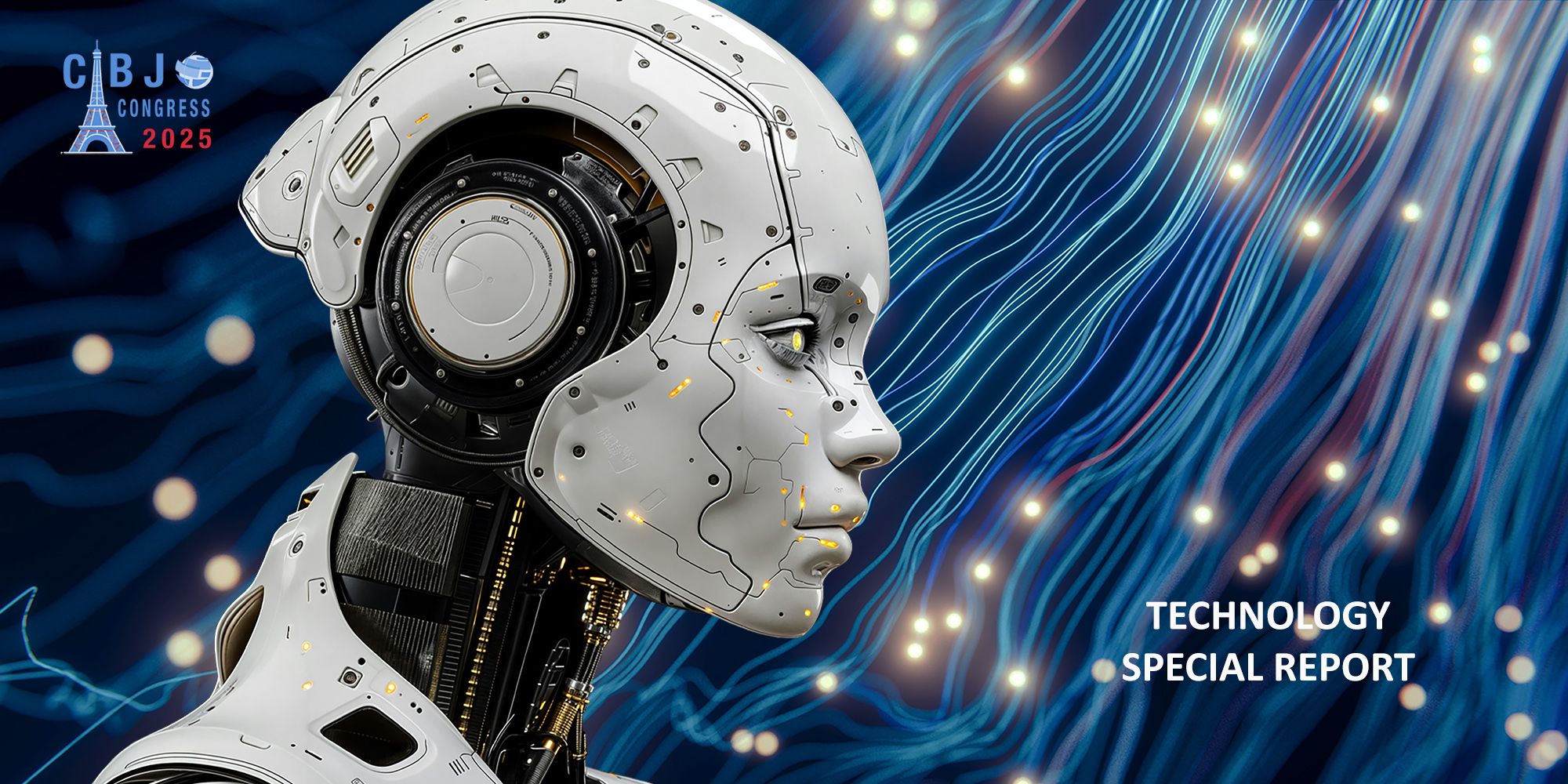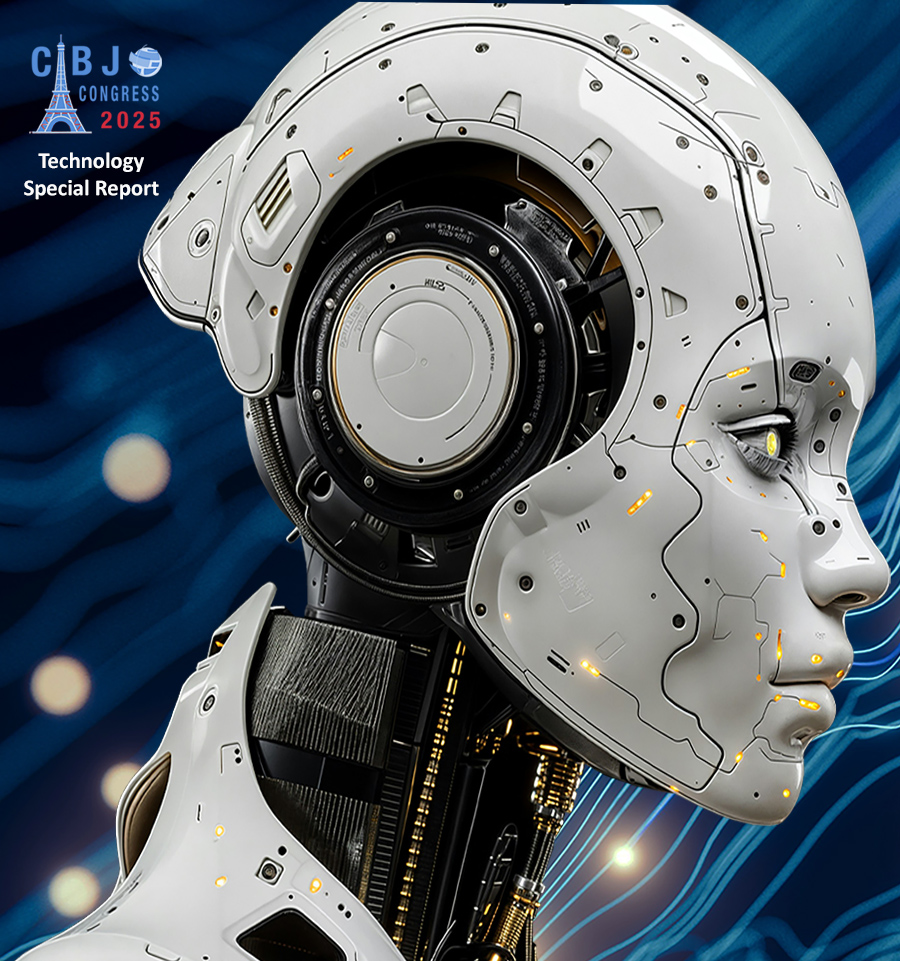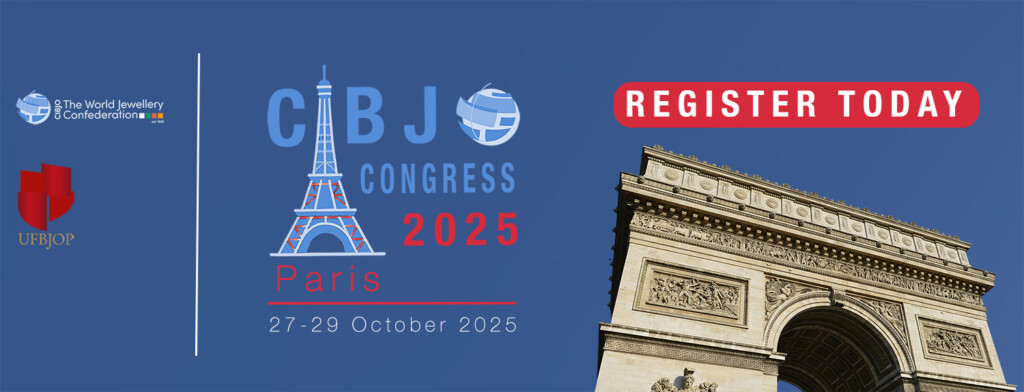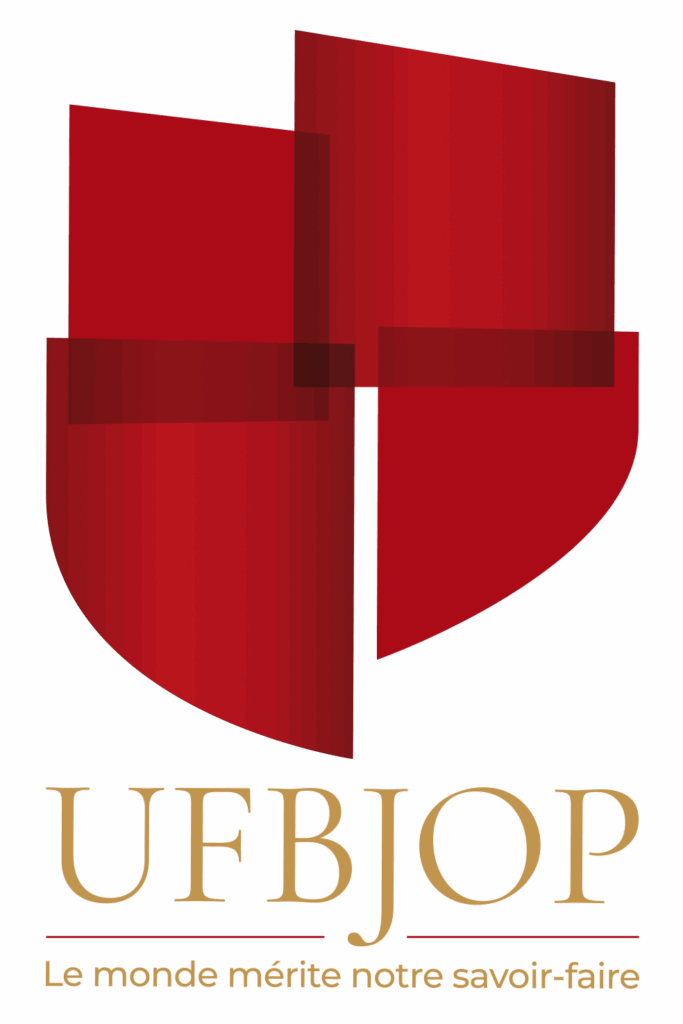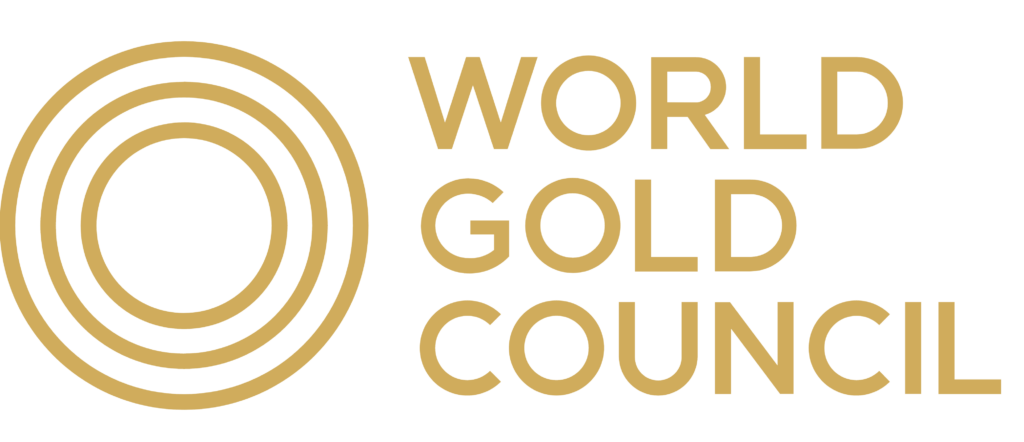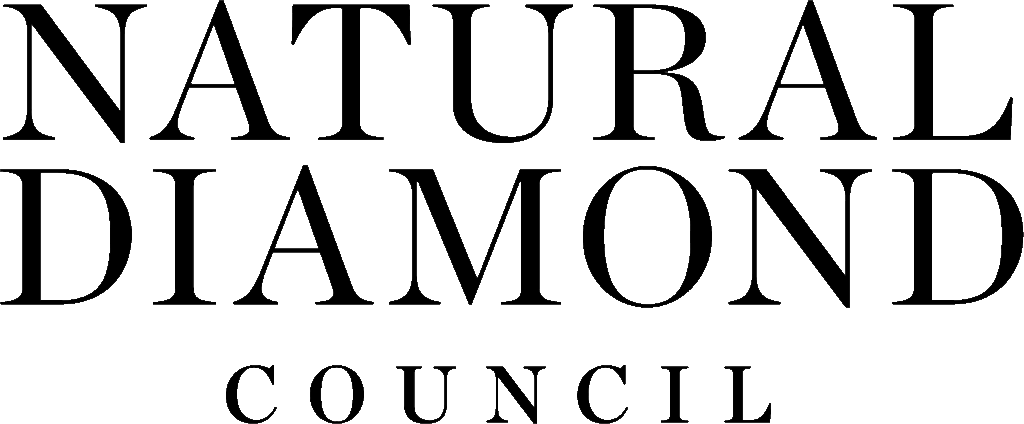Tenth pre-CIBJO Congress Special Report looks at AI
as both a disruptor and growth agent for the jewellery industry
PHOTO CREDIT: Photos by Luke Jones and Gabriele Malaspina on Unsplash.
OCTOBER 23, 2025
With less than one week to go to the opening of the 2025 CIBJO Congress in Paris, France, on October 27, 2025, the tenth and the final of the pre-congress Special Reports has been released. Prepared by the CIBJO Technology Committee, chaired by Stéphane Fischler, the report focuses exclusively on artificial intelligence, looking at ways in which the greater jewellery industry will be impacted, considering both the potential benefits and pitfalls, while dispelling some of the dystopian myths that have come to be associated with AI.
“AI is neither inherently good nor bad,” writes Mr. Fischler. “Its success depends on how it is used. The most simple and the most advanced tools can create value or do harm depending on their accuracy, intent, context and governance. In the jewellery industry, the organisations that succeed in integrating AI creatively, strategically and ethically will see productivity soar while remaining firmly in charge of the decision-making process.”
Just as AI is likely to change the way that the jewellery industry thinks and operates, the industry will need to change its attitudes in order to gain full benefit from the fast-developing systems that are becoming available. “The jewellery sector, which instinctively prioritises heritage and craftsmanship, has traditionally been cautious in adopting new technologies. But AI requires experimentation and calculated risk-taking. From generative design to forecasting, companies must create ‘safe to fail’ spaces where proposed solutions are debated and innovation is encouraged,” Mr. Fischler stated.
One of the industry’s challenges will be how to absorb AI-powered systems in the design, manufacturing and trading sectors of the industry, without undermining the elements of human agency and creativity that lie at the heart of the jewellery craft. “Luxury jewellery thrives on stories of artisanship and human connection,” Mr. Fischler points out. “Over-automation risks stripping away this aura. A necklace that feels ‘machine-made’ may lack the emotional resonance of one crafted by hand. The challenge is ensuring AI supports artisanship rather than overshadowing it.”
In preparing the report, Mr. Fischler was supported by other members of the CIBJO Technology Committee, including Elle Hill, Hill & Co.; Mahiar Borhanjoo, De Beers Group; Thomas Baillod, BA111OD; David Block, Sarine Technologies; Daniel Nyfeler, Gübelin; and Emmanuel Piat, Maison Piat.
A session of the CIBJO Congress will also concentrate of impact of AI on the jewellery industry. It will take place on Tuesday, October 28, 2025, from 15:00-16:00 Paris-time, in the Comet Bourse Auditorium. The session will also be live streamed on the CIBJO Congress website at: https://cibjo.org/congress-2025.
TIER 2 SPONSORS

